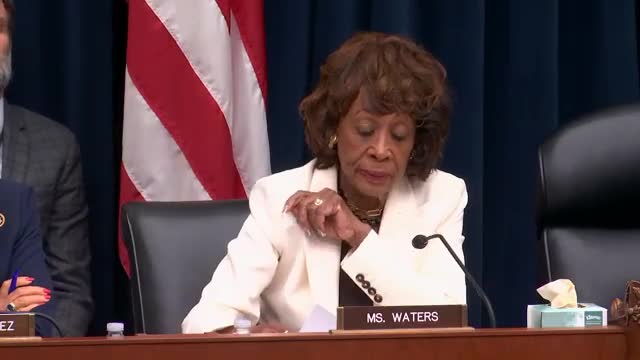Article not found
This article is no longer available. But don't worry—we've gathered other articles that discuss the same topic.
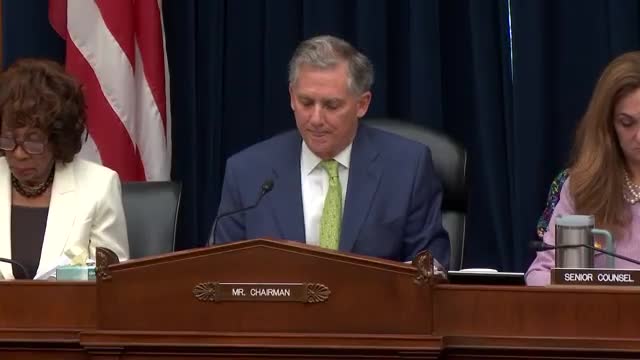
Treasury secretary urges IMF and World Bank to refocus; lawmakers press for SDR and RST reforms
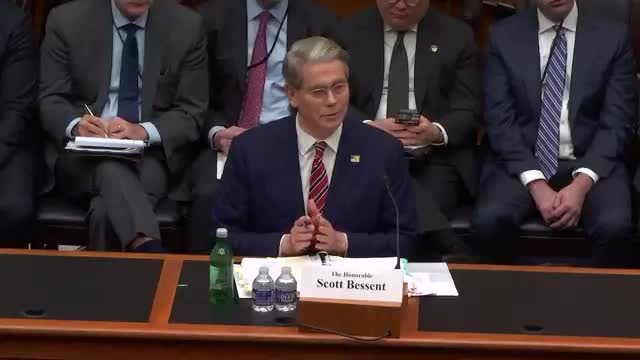
Lawmakers press Treasury on CDFI cuts, BOI enforcement changes and regulator nominations
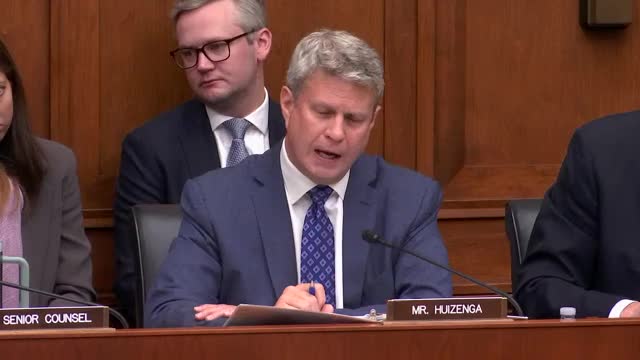
Treasury says it is targeting Chinese entities linked to fentanyl trade; members press on Burma and Iranian oil
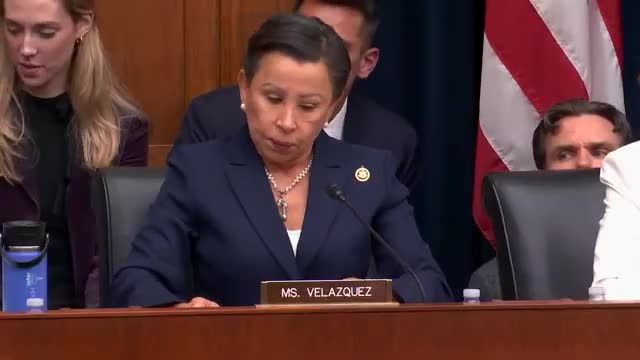
Committee presses Treasury on tariffs, China talks and impact on U.S. consumers and industry
